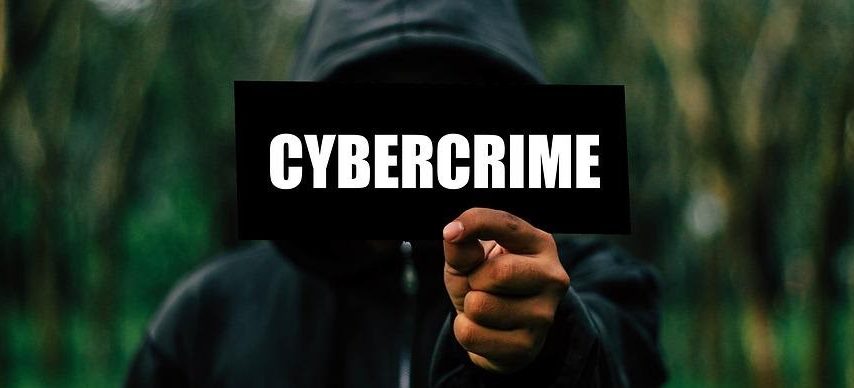Who could have imagined a decade before that the world would be this digitalized? Love it or hate it; you cannot escape leaving digital footprints everywhere you go. With the advancement of social media and online trading, a new type of crime has emerged. Cybercrime was always prevalent since the inception of computers, and it does not show signs of stopping anytime soon. Continue reading this article to find out more about specific laws in place to check cybercrime in California.
Hacking: Everyone knows about the old faithful, the hacking! When you access someone’s personal information without their consent, it is generally considered hacking. You are probably familiar with the term because many a time, celebrities get their social account hacked. The occurrence should not be taken lightly, as personal data and pictures get leaked once the hackers get their hands on your profile. Criminals can cause financial harm if they have their hands on your bank account passwords and other sensitive information. Be very careful about sharing your gadgets such as laptops, mobile phones with others. Here’s how you protect your password from hackers.
- Use a different password for different social media and digital platforms. Don’t use the same password for Gmail, Facebook Twitter, and other social media. If you have the same password, and once someone gets a hold of it, they can easily access all your data at a go.
- Maintain a Word file and write all the passwords and the linked account’s name. Change your password every six months and update the Word file. This routine will help you from losing passwords and will save you from hackers.
Online Harassment: How many times have you seen hate messages on the comment section of someone famous? Well! It is not an isolated incident. People online can be really mean. And while, to a certain extent, you can ignore it but, if you find threats and hate messages popping out in your inbox, it is time to take action. Cyberstalking or digital harassment is considered a misdemeanor or a felony in California and is a punishable offense. One can be jailed for somewhere between one and five full years if enough evidence gathers against him.
Extortion or Blackmailing: It is another type of online harassment that has serious consequences. When one blackmails others online in order to gain favor, it can be seen as online blackmailing. Under 18 U.S. code Section 1951, extortion is considered a felony and is punishable by up to 20 years in prison. One may also have to pay a heavy fine of $10,000 based on the charges and evidence against him. Teens and young people might get obsessed with people online and spend a considerable amount of time stalking and texting them. While it may seem like a lover’s obsession, the problem is quite serious in nature. The world is still learning about the nitty-gritty of internet language, and it is easier to make a mistake that may land you in jail. If you find yourself in such an uncomfortable situation, make sure to opt for bail service to get out of the system as soon as possible. People in California may take the assistance of bail bonds San Diego CA to get a fast release from jail by paying only 15% of the whole bail amount as a fee. Contact the best criminal attorney to represent you in court to get a fair trial that goes in your favor.













